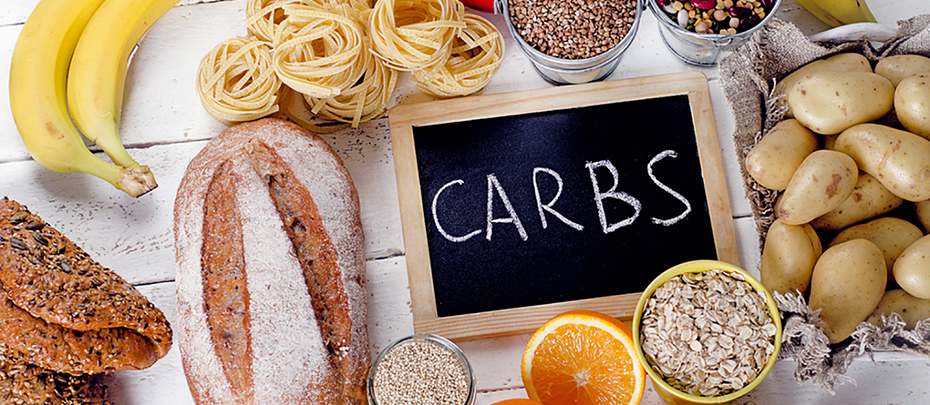1. Quinoa. Carbohydrates can be broken down into glucose, the body and brain's favorite fuel source. Yet some carbs are more effective than others, depending on the situation. Simple carbohydrates from foods such as soda pop are broken down quickly, providing a quick shot of energy. Unfortunately, that short-lived fuel surge is usually followed by an energy crash. On the other hand, low-glycemic index (GI) foods or complex carbohydrates from whole grains such as quinoa take a longer time to digest and absorb, delivering sustained energy. One cup of quinoa boasts 39 grams of carbohydrates and 5 grams of fiber.
Easy idea: For a satisfying lunch, toss 1 cup of cooked quinoa into a spinach salad.
2. Edamame. If you're nodding off at your desk, some extra protein such as edamame might help. One cup of these tasty beans contains 18 grams of protein. In an observational study of adults in their 50s, excessive daytime sleepiness was inversely related to protein intake.
Easy idea: Munch on 1 cup of thawed or roasted edamame for an energy-sustaining snack.
3. Canned salmon. We often hear about the importance of vitamin D for strong bones. Did you know a lack of this vitamin can be a sneaky cause of fatigue, too? That's where salmon comes in. Three ounces of canned salmon have 12.3 micrograms of vitamin D, which is 62% of the Daily Value. Plus, it's also rich in less common omega-3 fats and satiating protein, making it an excellent nutrient-dense food.
Easy idea: Mix 1 small can of salmon with a tablespoon of your favorite salad dressing and stuff it into celery sticks.
4. Lean ground beef. Vitamin B12 helps the body produce red blood cells that shuttle oxygen to your brain, muscles and organs. This vitamin is only found in animal foods such as meat, fish, poultry, eggs and dairy products. One of the best sources is lean ground beef, supplying 100% of the Daily Value per 3-ounce serving. If you're vegetarian or vegan, speak to your doctor about a supplement.
Easy idea: Whip up a batch of beef tacos. Sauté 1 pound of lean (>90%) ground beef in a tablespoon of olive oil. Season with garlic powder, chili powder, cumin, salt and pepper. Divide among 12 small whole wheat tortillas and top with chopped onion, tomato and avocado.
5. Fortified whole-grain cereal. According to the Centers for Disease Control and Prevention, iron deficiency affects nearly 10% of women of childbearing age, leading to fatigue, dizziness and shortness of breath. You can find this mineral in oysters, sardines, beef, chicken, tofu and beans. If you don't eat those foods often, several whole-grain cereals are fortified with up to 100% of the Daily Value per serving (3/4-1 cup, depending on cereal type).
Easy idea: Snack on 1 cup of fortified, low-sugar cereal with 1/2 cup of milk. Add some strawberries, which are rich in vitamin C, to help with iron absorption (learn more about this below!).
6. Red bell peppers. Pairing vitamin C-rich foods — such as oranges, red bell peppers and lemons — with iron sources, such as beans, lentils, tofu and fortified grains, enables the body to increase absorption of iron. A half cup of sliced red bell peppers gives you an entire day's worth of vitamin C — that's 30% more than you'll get from an orange.
Easy idea: Whisk together 1 tablespoon of lemon juice and 1/4 cup of olive oil and drizzle over a bed of spinach, lentils and chopped bell pepper.
7. Pumpkin seeds. Magnesium participates in more than 300 biochemical reactions in the body, including several that regulate energy production. Boasting 37% of the Daily Value of magnesium per ounce, pumpkin seeds are one of the best sources (chia seeds are a close second).
Easy idea: Try this sweet and salty snack mix. Combine 1 ounce of pumpkin seeds, 1/2 cup fortified whole-grain cereal and 2 tablespoons of tart dried cherries in a small bowl or plastic zipper-top bag.
It's natural to be tired sometimes. But if you're getting plenty of sleep and relaxation time, try these foods to sustain energy throughout the day.




Social Share